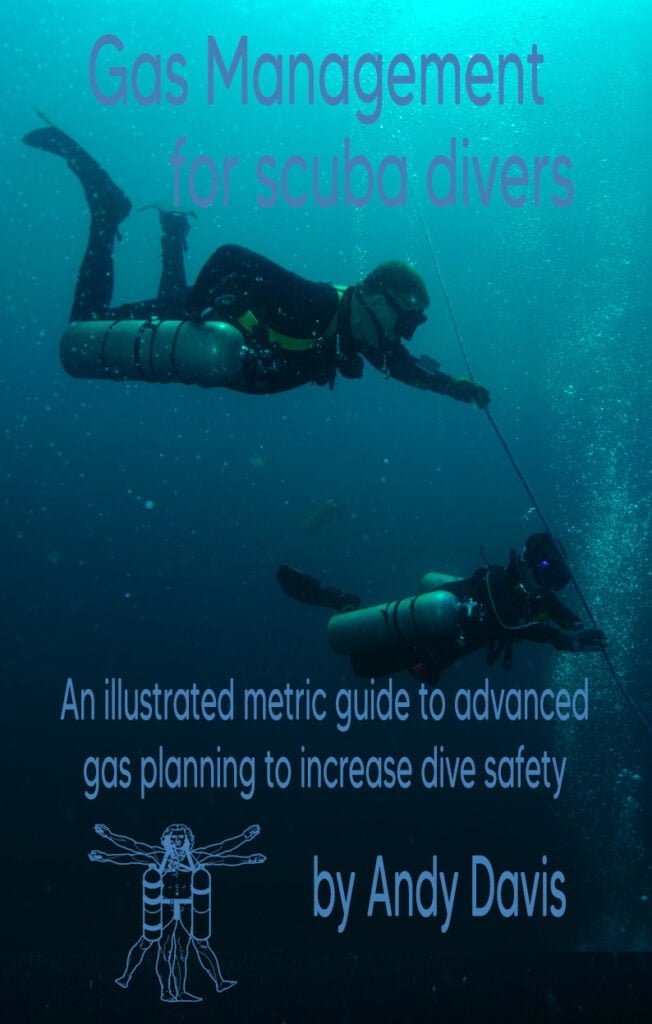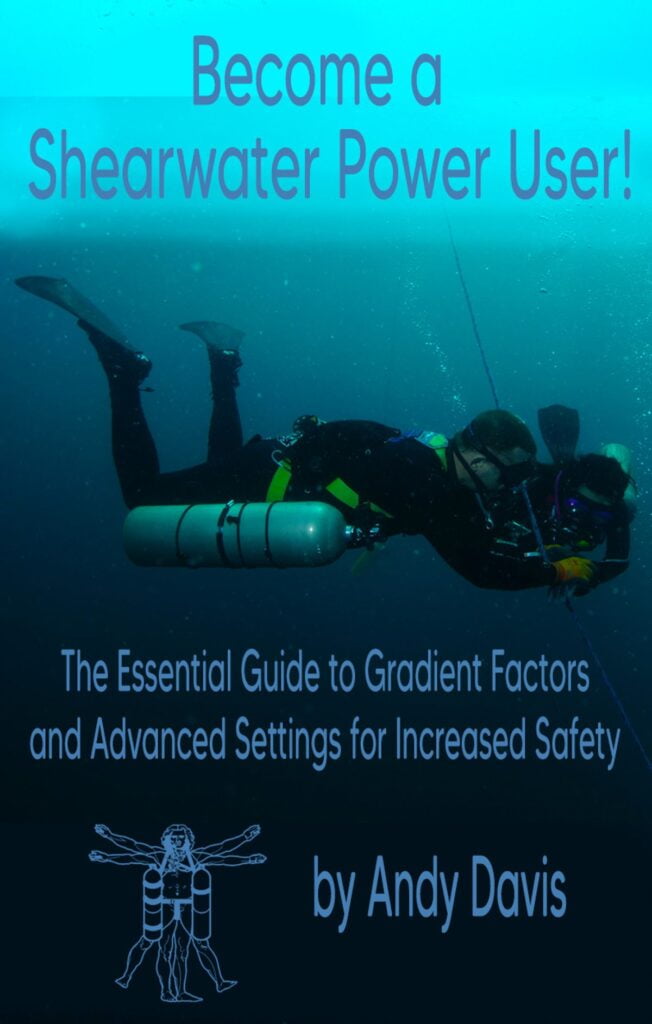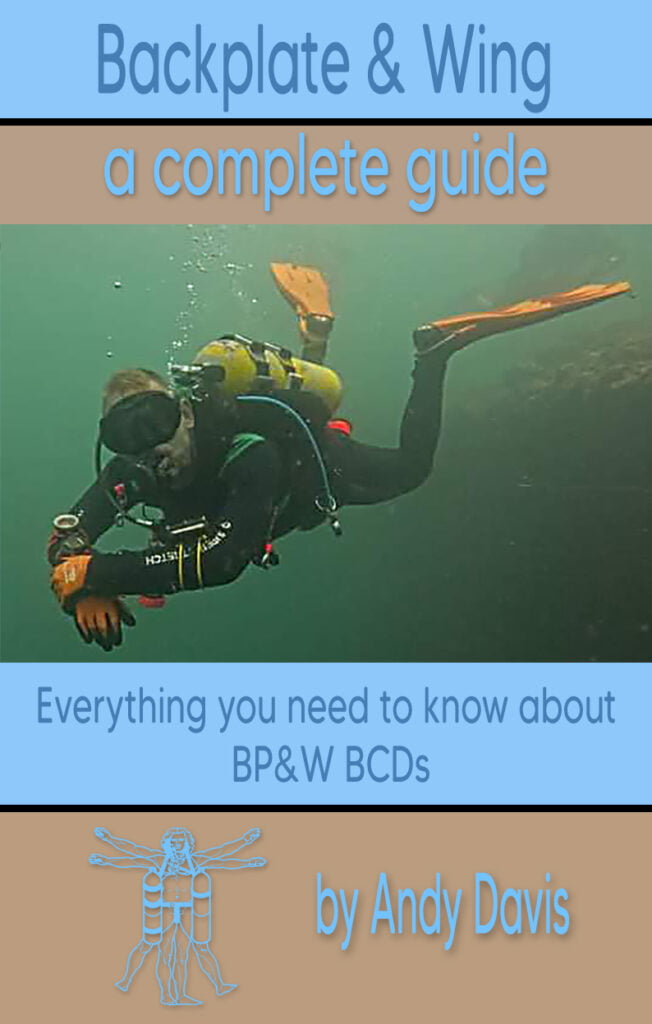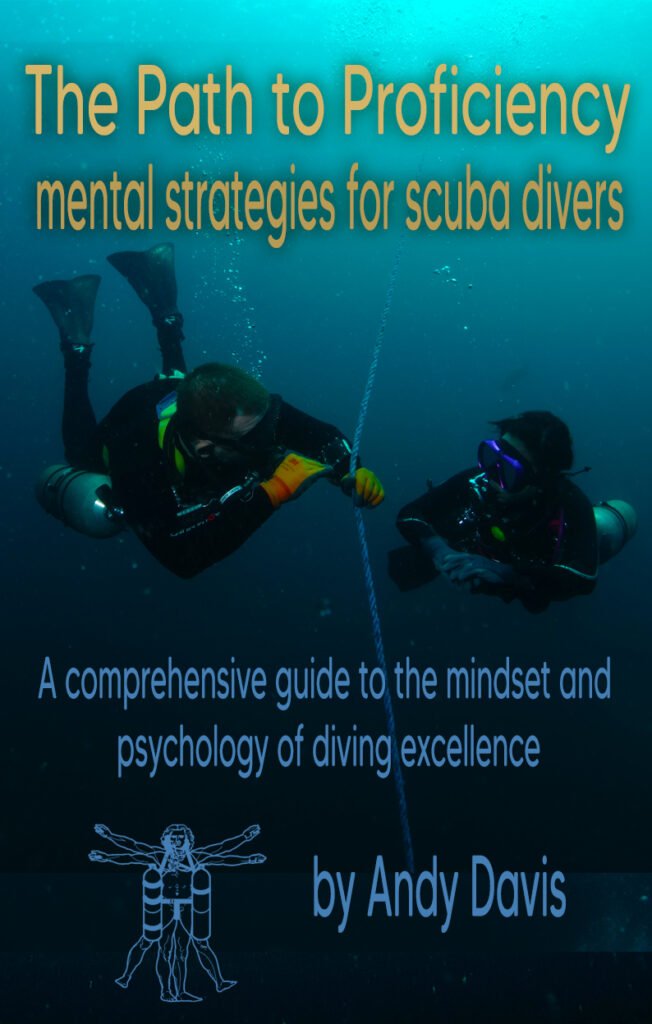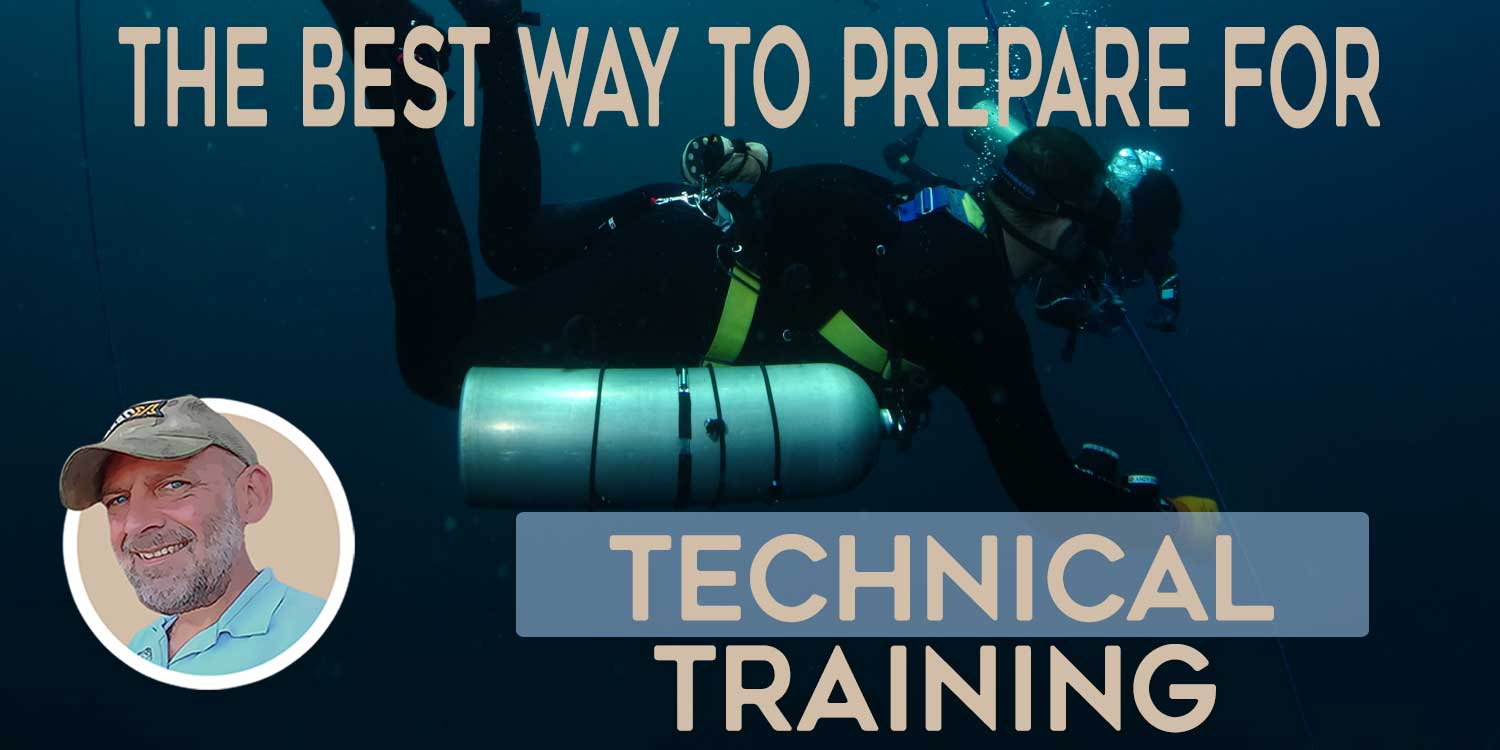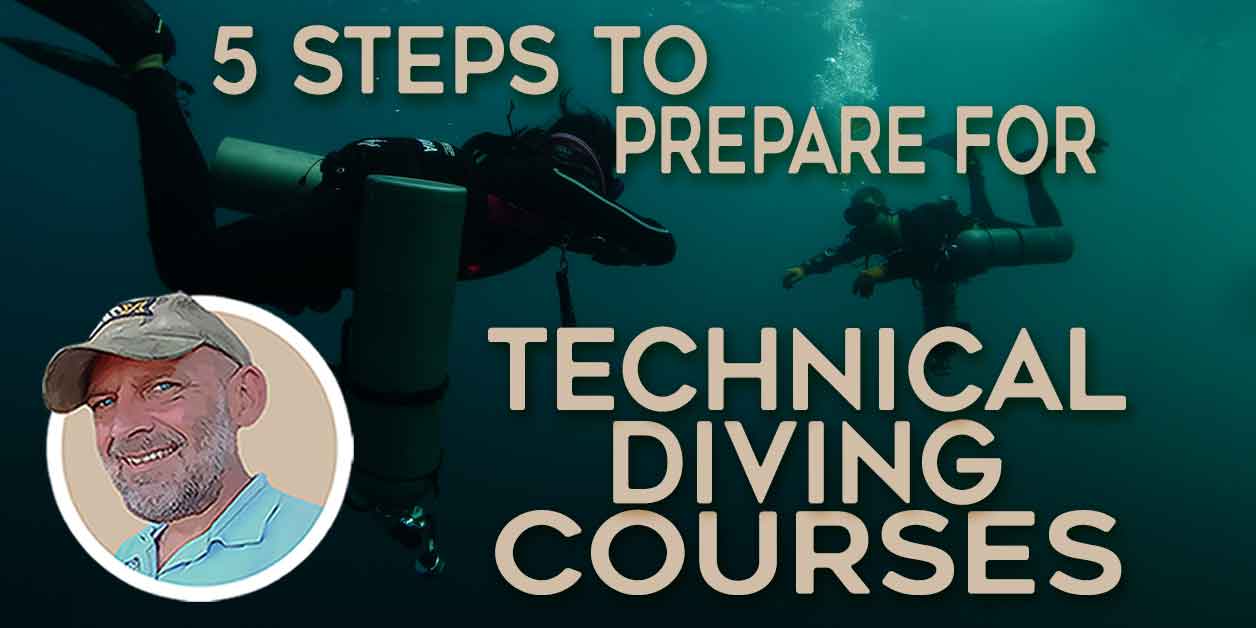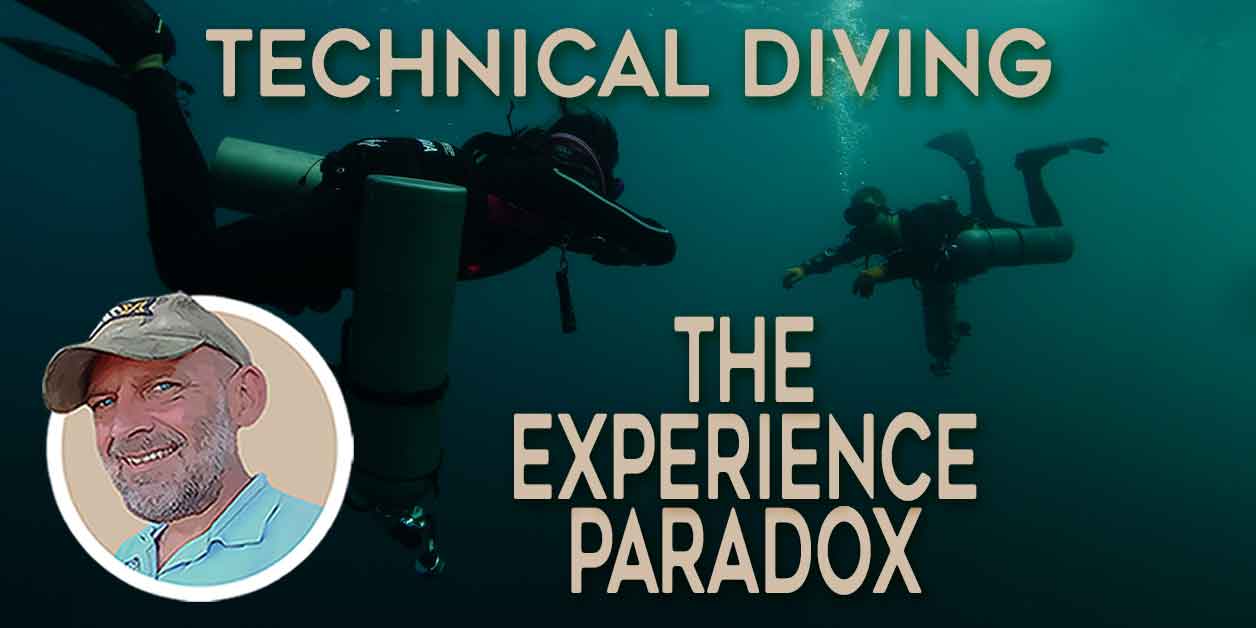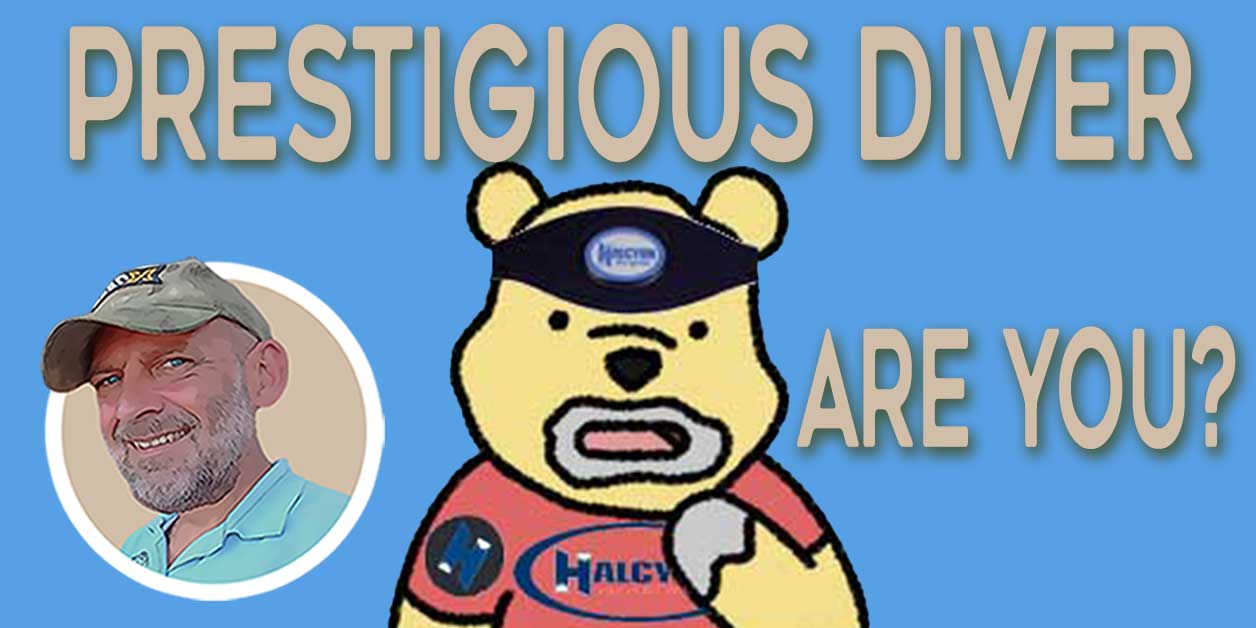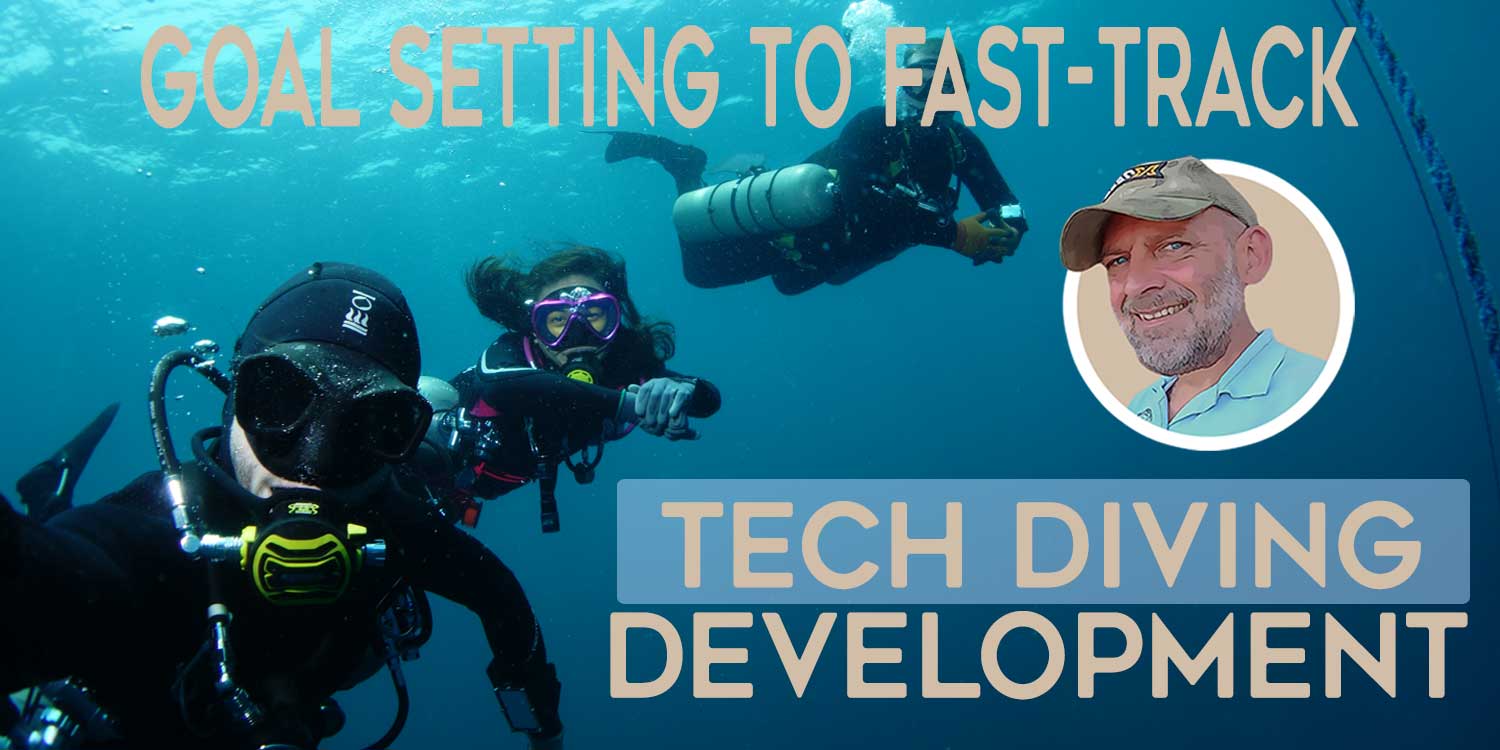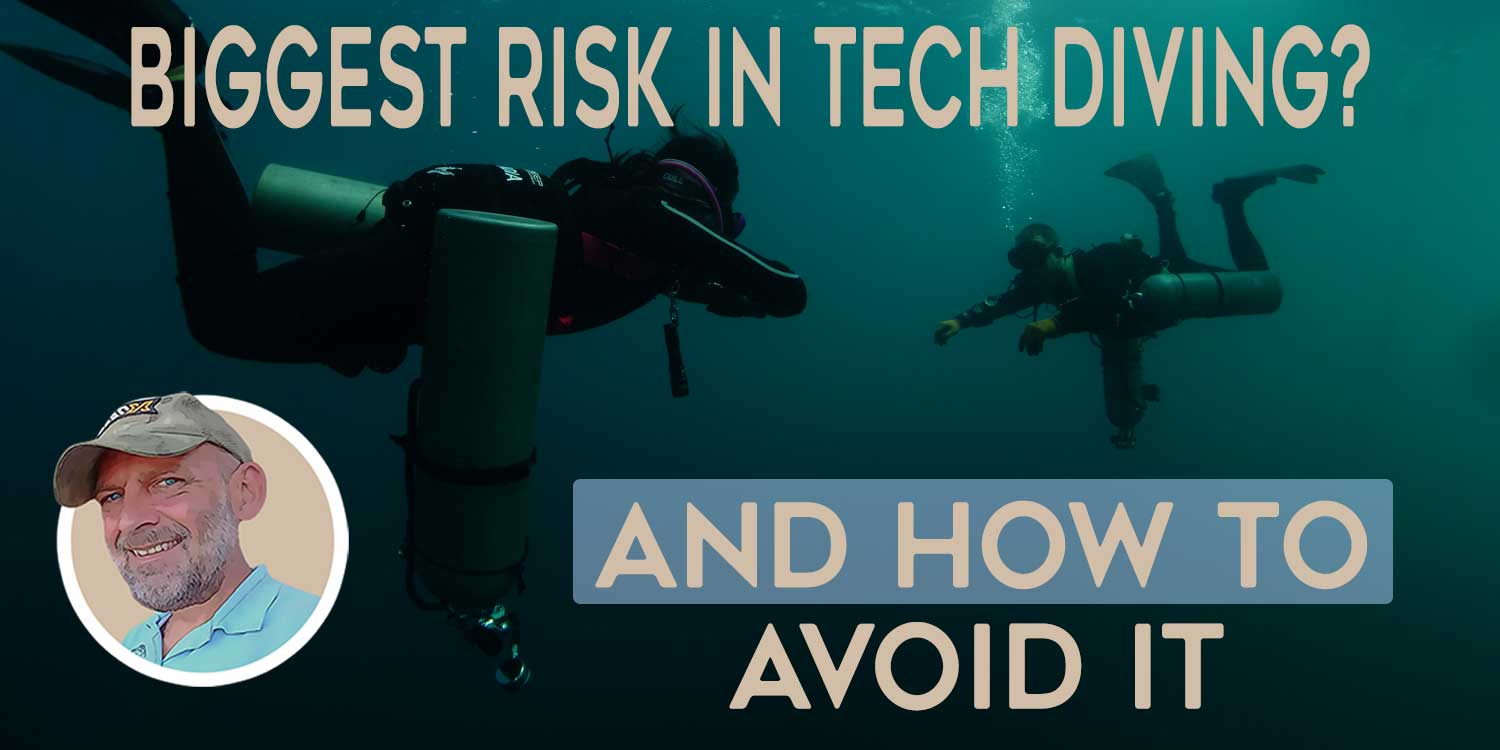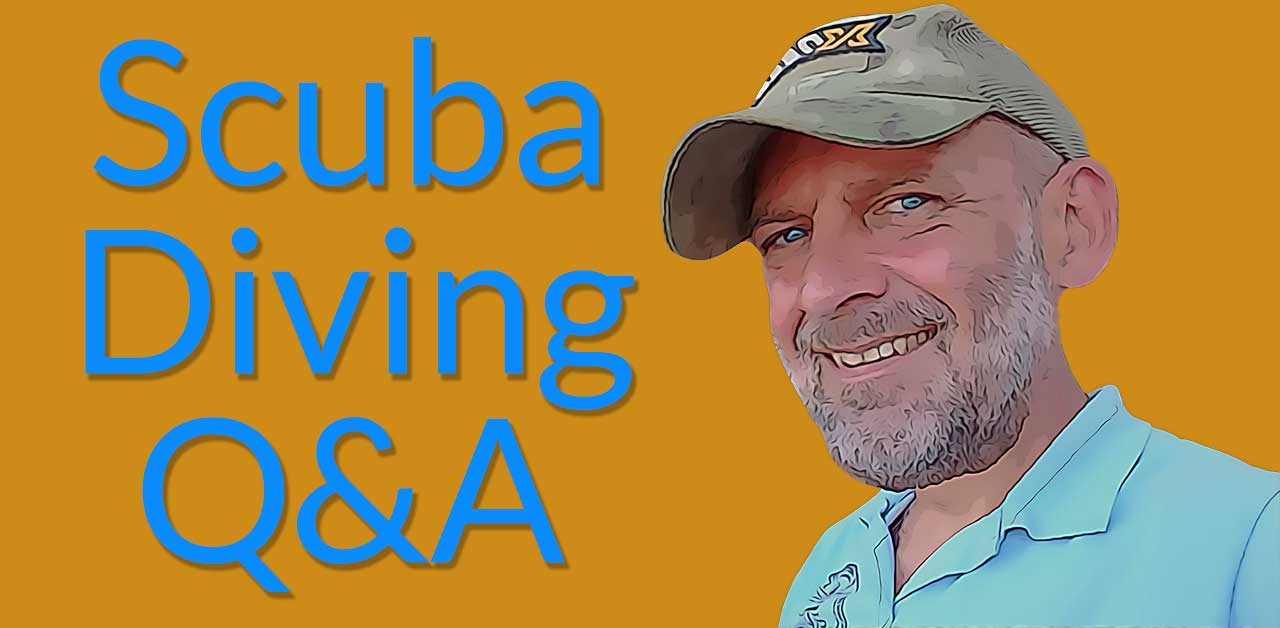Choosing Wisely: The Significance of Technical Diving Instructor Location
As a general principle; ‘you don’t find dolphins in the desert‘. Applied to technical diving instructor location, it can be translated as meaning that very active, highly motivated technical instructors are unlikely to remain situated in areas where there’s little opportunity for frequent and challenging technical diving.
As a result of their passion, high-level technical diving instructors inevitably migrate to specific areas that enable them to undertake the dives they’re specialists in as a matter of daily routine. Because they migrate for that reason, you’re best advised to follow them – and seek your training in those areas.
When it comes to technical diving, choosing the right tech instructor and location is crucial for a successful and fulfilling diving experience. The location of a technical diving instructor can significantly impact the quality of training you receive. In this article, we will explore the significance of technical diving instructor location and provide you with tips on finding the right instructor for your needs.
Why Does Technical Diving Instructor Location Matter?
It is essential to understand the importance of instructor location in technical diving. Here are a few reasons why the location of a technical diving instructor can add value to the training you receive:
- Opportunity for Frequent and Challenging Dives: Highly motivated technical diving instructors are likely to migrate to areas that offer abundant opportunities for frequent and challenging technical dives. These areas allow instructors to hone their skills and stay up-to-date with the latest techniques and knowledge. By training with instructors in such locations, you can benefit from their expertise and experience gained from diving in these specialized environments.
- Expertise and Passion: If an instructor doesn’t have the opportunity to frequently dive at their highest level, it raises questions about the expertise and passion they can bring to their training. By choosing an instructor located in an area conducive to their specialization, you increase the chances of receiving training from someone who is truly passionate and knowledgeable about technical diving.
- Networking and Community: Training in popular technical diving locations allows you to become part of a thriving community of like-minded divers. These communities often offer opportunities for further training, joint dives, and valuable advice on gear and techniques. Being part of such a network can enhance your overall diving experience and provide ongoing support as you progress in your technical diving journey.
Now that we understand the significance of technical diving instructor location let’s explore some other factors to consider when choosing a technical diving instructor.

Other Factors to Consider When Choosing a Technical Diving Instructor
Finding the right technical diving instructor goes beyond just their location. Here are some additional factors to consider when making your choice:
- Research the instructor’s background and experience: Look for instructors who are specialists in technical diving and have a solid reputation within the technical diving community.
- Evaluate their instructional ability: An effective technical diving instructor should possess excellent communication skills, be patient, and tailor their teaching to the individual needs of their students.
- Assess their commitment to safety: Safety should always be a top priority for any technical diving instructor. Look for instructors who prioritize safety protocols and have a risk-averse mindset.
- Consider their innovative teaching methods: The best instructors continuously seek to improve their teaching techniques and create innovative training drills to address specific skill weaknesses.
- Seek recommendations and peer reviews: Reach out to fellow divers and online communities to gather recommendations and reviews about potential instructors. Peer reputation can provide valuable insights into an instructor’s expertise and teaching abilities.
Look for a Technical Diving Coach and Mentor
Technical diving training can be challenging and often goes beyond the minimum requirements set by training agencies. It is essential to find an instructor who acts as a coach and mentor, guiding you through the training process rather than simply creating divers on a production line. Look for instructors who have long-standing relationships with their students, as this indicates their commitment to their student’s growth and development.
Evaluate the Technical Diving Instructor’s Diving Activity and Attitudes
Find out how actively involved your prospective tech instructor is in technical diving for their own enjoyment. Even the most experienced instructors need to practice their skills regularly to maintain sharpness. If a technical diving instructor only teaches a few tech courses a year and doesn’t actively engage in technical diving outside of that, it may raise questions about their ability to stay in shape and pass on up-to-date skills and knowledge.
Technical Diving Explorers vs. Educators
Consider whether the technical diving instructor leans more towards being an “explorer” or an “educator.” While a combination of both is ideal, learning from an explorer can provide valuable insights, while an educator focuses on passing on knowledge effectively. Understanding the instructor’s interests and approach can help you align your learning goals with their teaching style.
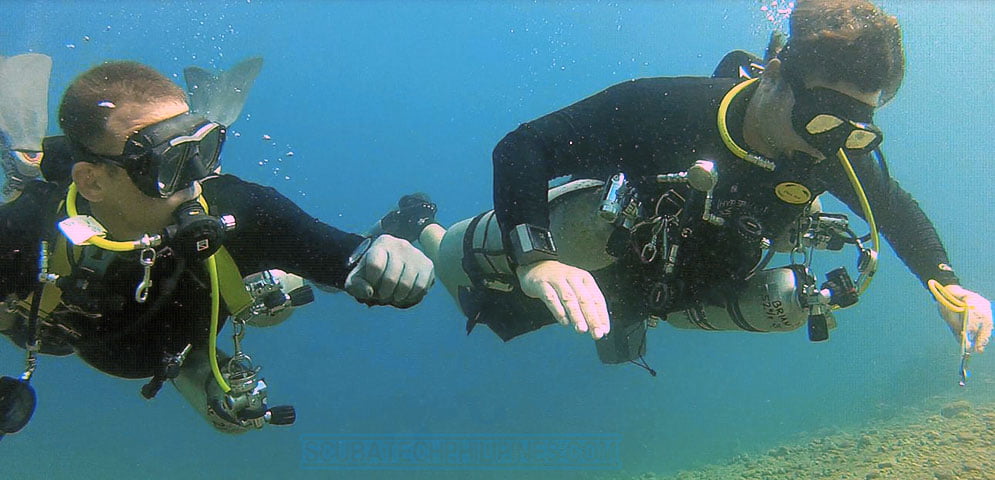
Attributes of the Best Technical Diving Instructors
To become a proficient technical diver, you need a knowledgeable and experienced tech instructor who can teach you the right techniques and help you develop the necessary skills. Here are some essential attributes to look for in the best technical diving instructor:
Expertise and Experience
The best technical diving instructors have extensive knowledge and experience in the field. They should hold advanced certifications and have a proven track record of diving in various technical environments. Look for instructors who have a deep understanding of dive physics, decompression theory, gas management, and equipment configuration. Their expertise and experience will ensure that you receive comprehensive and accurate training.
Strong Communication Skills
Technical diving can be complex, involving intricate procedures and protocols. A great instructor should possess excellent communication skills and be able to convey information clearly and effectively. They should be able to break down complex concepts into understandable terms and adapt their teaching style to meet the needs of individual students. Clear communication is crucial for ensuring safety and understanding in technical diving.
Safety-Oriented Mindset
Safety should always be the top priority in technical diving. The best instructors prioritize safety above all else and instill this mindset in their students. They will emphasize the importance of thorough pre-dive planning, risk assessment, and adherence to established safety protocols. Look for instructors who prioritize conservative dive practices, emphasize situational awareness, and are meticulous about equipment maintenance and checks.
Patience and Support
Technical diving training can be challenging, both mentally and physically. The best instructors understand this and exhibit patience and support throughout the learning process. They should be willing to answer questions, provide guidance, and offer constructive feedback to help you improve your skills. A patient and supportive instructor creates a positive learning environment and builds confidence in their students.
Passion for Teaching
Teaching technical diving is not just a job for the best instructors; it is their passion. They genuinely enjoy sharing their knowledge and skills with others and are dedicated to helping their students succeed. Look for instructors who are enthusiastic about diving, have a love for teaching, and are committed to their student’s growth and development. Their passion will inspire and motivate you to become the best diver you can be.
Continuous Learning and Professionalism
The field of technical diving is constantly evolving, with new techniques, equipment, and best practices emerging. The best instructors recognize the importance of continuous learning and stay updated with the latest advancements in the industry. They actively participate in workshops, attend conferences, and seek opportunities to enhance their own skills. Additionally, they maintain a high level of professionalism in their interactions with students and fellow divers.
Technical Diving Instructor Location: Summary
In conclusion, selecting the right location for your technical diving instructor is crucial for receiving high-quality training. Here’s a summary of the key points discussed in this article:
- Migration of Passionate Instructors. Passionate instructors migrate to areas that offer frequent and challenging technical dives. This brings a wealth of expertise and knowledge to their teaching.
- Technical Diving Accessibility. Ensure that the chosen location provides access to the necessary diving conditions and resources for technical diving.
- Look for a Coach and Mentor. Find an instructor who acts as a coach and mentor. They will guide you through the training process and foster a long-standing relationship.
- Evaluate the Instructor’s Diving Practice. Consider the instructor’s active involvement in technical diving outside of teaching to ensure they maintain up-to-date skills and knowledge.
- Explorers vs. Educators. Determine whether the instructor leans more towards being an “explorer” or an “educator” to align your learning goals with their teaching style.
- Learn in the Right Environment. Ideally, conduct your training in the environment where you plan to dive afterward to adapt to specific conditions. Seek local advice when transitioning between different diving environments.
Remember to consider your learning style, goals, and preferences when selecting a technical diving instructor. Through thorough research, interviews, and recommendations, find an instructor who aligns with your needs and can guide you to become a skilled and confident technical diver.
About The Author

Andy Davis is a RAID, PADI TecRec, ANDI, BSAC, and SSI-qualified independent technical diving instructor who specializes in teaching sidemount, trimix, and advanced wreck diving courses.
Currently residing in Subic Bay, Philippines; he has amassed more than 10,000 open-circuit and CCR dives over three decades of challenging diving across the globe.
Andy has published numerous diving magazine articles and designed advanced certification courses for several dive training agencies, He regularly tests and reviews new dive gear for scuba equipment manufacturers. Andy is currently writing a series of advanced diving books and creating a range of tech diving clothing and accessories.
Prior to becoming a professional technical diving educator in 2006, Andy was a commissioned officer in the Royal Air Force and has served in Iraq, Afghanistan, Belize, and Cyprus.
In 2023, Andy was named in the “Who’s Who of Sidemount” list by GUE InDepth Magazine.
Purchase my exclusive diving ebooks!
Originally posted 2022-10-28 12:01:41.


